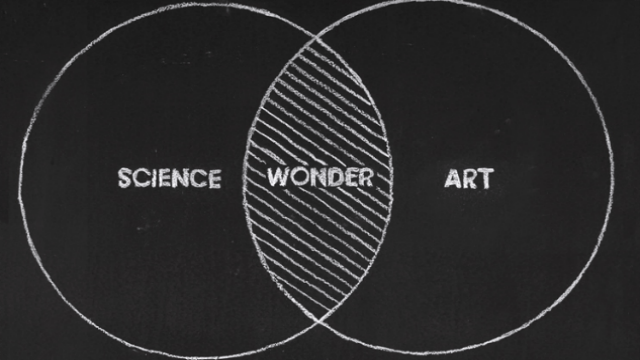Compiling Our Digital Memory

All of us who take pictures and upload them to Flickr, tweet how we’re feeling or what we’re reading, check in to places we visit on Foursquare or are automatically checked in by friends on Facebook, and update our jobs on Linkedin, are all “life blogging.” Life blogging means that you are recording your life in many dimensions all day long – sound, text, images, video. Today, lifeblogging requires some effort by us; in the future, sensors will automatically document our activities continuously.
Today, if you were asked to remember exactly where you were 3 years ago at 3.45pm, if you were feeling happy or sad, who you were with, what the weather was like, and what you were wearing, you would most likely not remember. In five years, you will have every such detail documented through various devices, some of which you will record yourself and others that your mobile that will record such as your location, while the Web will record the weather that day and other events of the moment. Lifeblogging allows you to have a precise and complete record of your past: an electronic memory that is far more accurate than our biological memories.
The innovative startup Memolane is the first company to create a visually arresting and easily searchable electronic memory. Memolane, now available to the public, has received $2 million in funding after it won the Copenhagen Startup Weekend competition in 2010. The advantages are clear for anyone who has had the frustrating experience of trying to search for a particular event, status update, or photograph from a particular day in Facebook or Twitter or any social network for that matter. Memolane allows you to aggregate a visual timeline of your past by compiling data from services like Facebook, Twitter, Foursquare, YouTube, Flickr, Last.fm, Tripit, Picassa, and RSS feeds to any blog.
Founder and CEO Eric Lagier says: “Hundreds of millions have been creating their personal history using Facebook, Twitter and other sites, but have been unable to see or explore it — until now. With the launch of Memolane, you can now travel in time to relive great memories and the emotions they evoke. Memolane is an online diary that writes itself and makes your social media memorable…. If you search for New York on Google or Bing, you will get a mess. But if you search for it on Memolane, it will show you your memories of New York.”
“This is a whole new chapter for social media,” says Lagier. He’s right. Definitely check out Memolane and expect more companies to appear that structure and organize our social experiences and relationships.
Some of us may find lifeblogging disconcerting: after all, having our memories stringed together when we selectively use different tools to capture various aspects of it seems like an invasion of our privacy. However, the fact is that whether we collect our own memories or companies access it via our digital footprints, an account of our day will increasingly be accessible to governments and large corporations. Perhaps the best way to avoid malicious maligning of one’s reputation through inaccurate reporting about our past is to proactively lifeblog and counter “information with information”.
Ayesha and Parag Khanna explore human-technology co-evolution and its implications for society, business and politics at The Hybrid Reality Institute.





